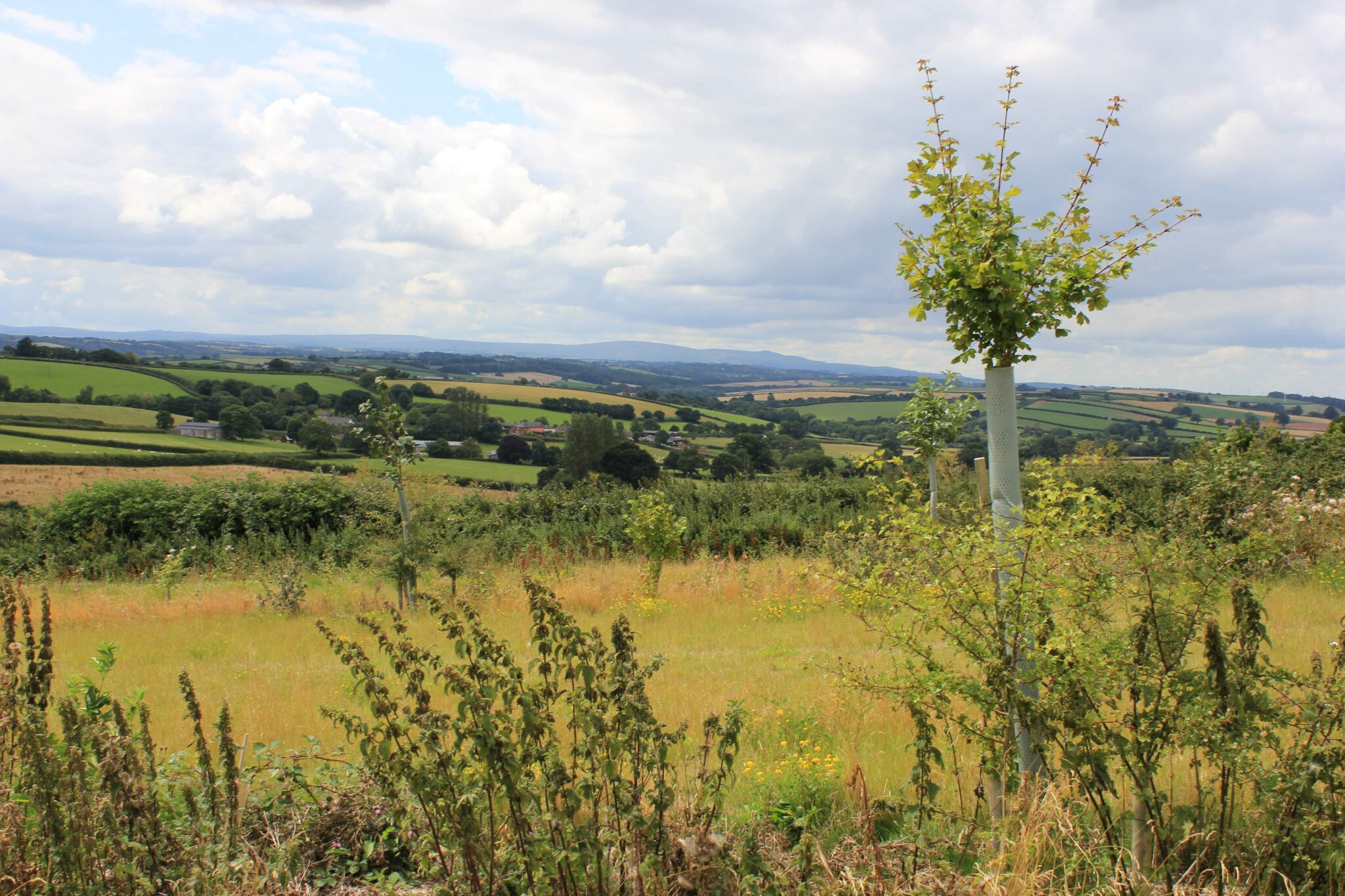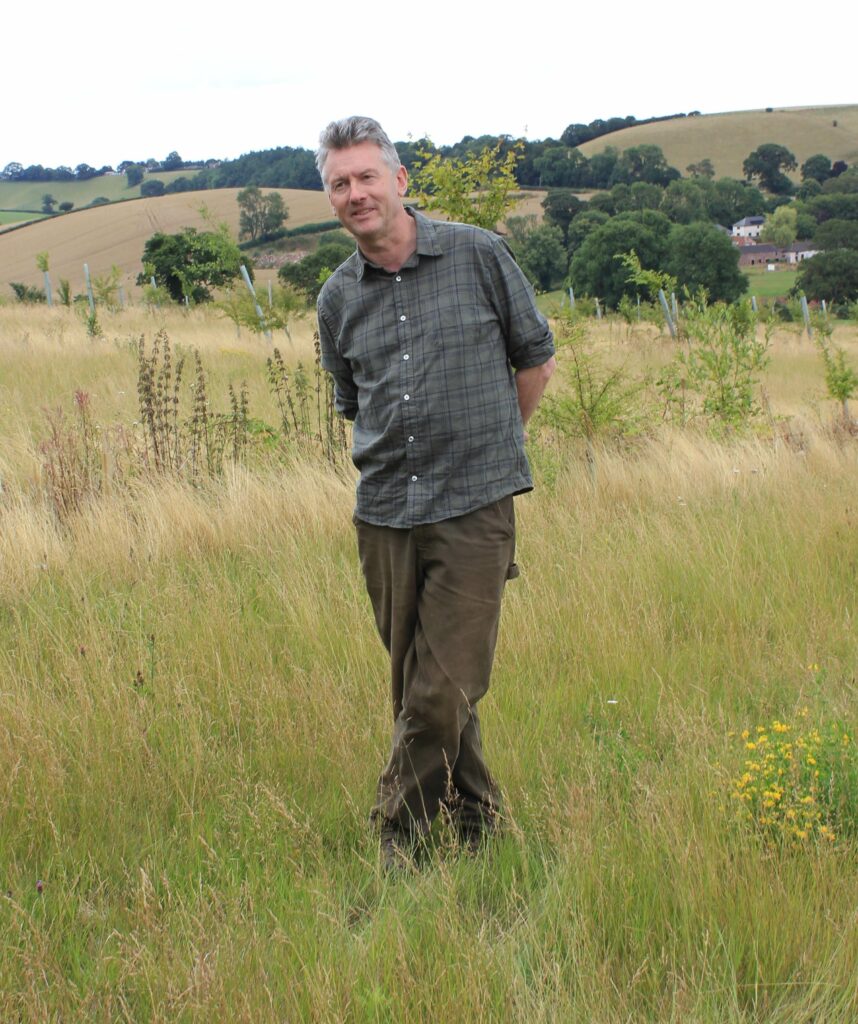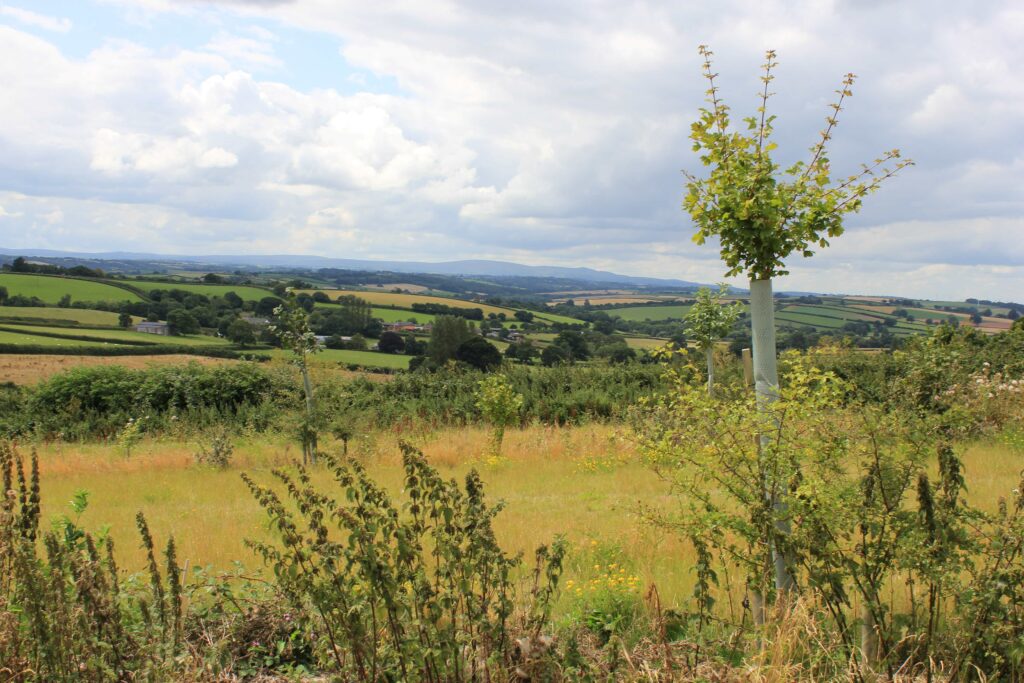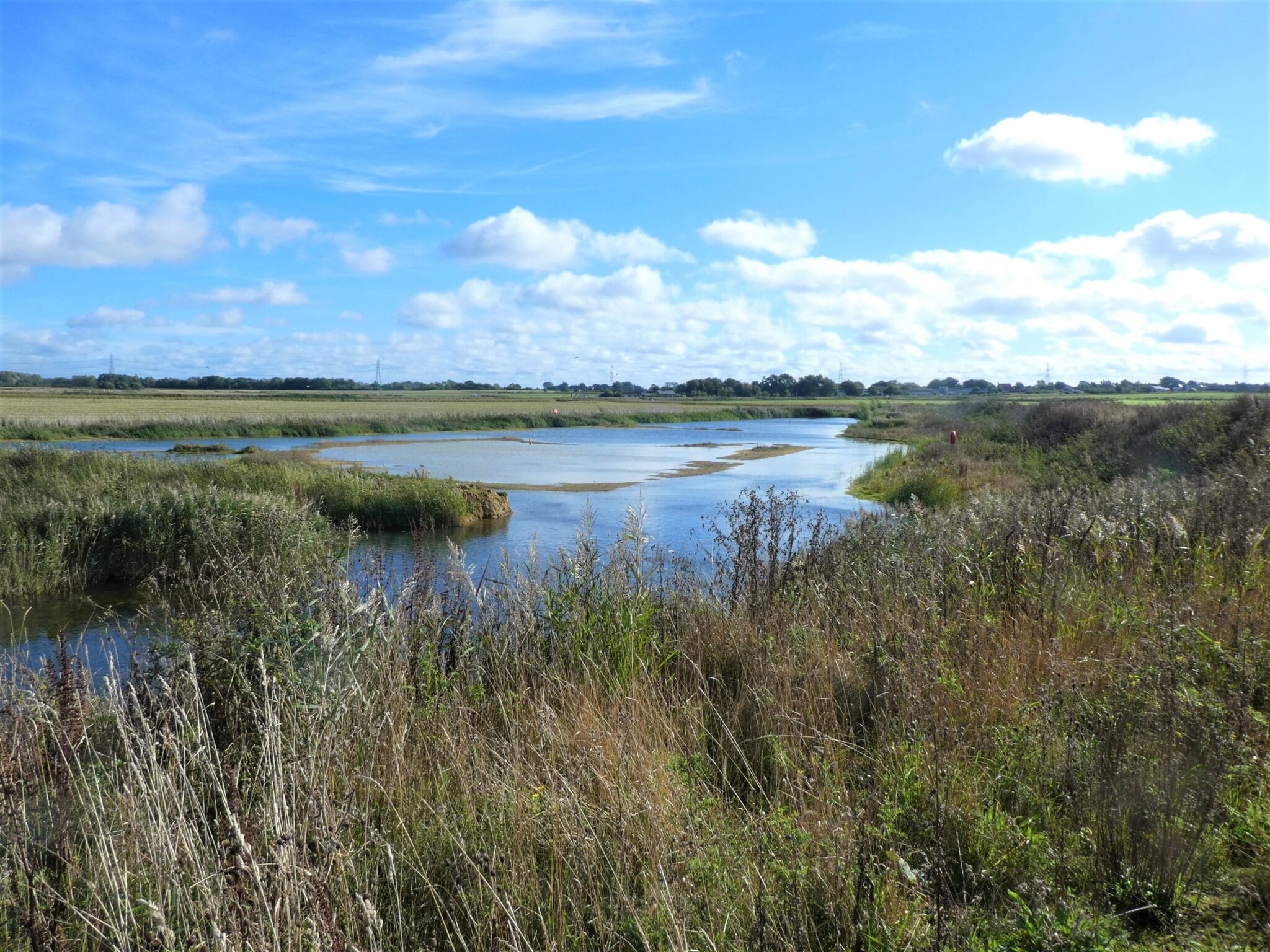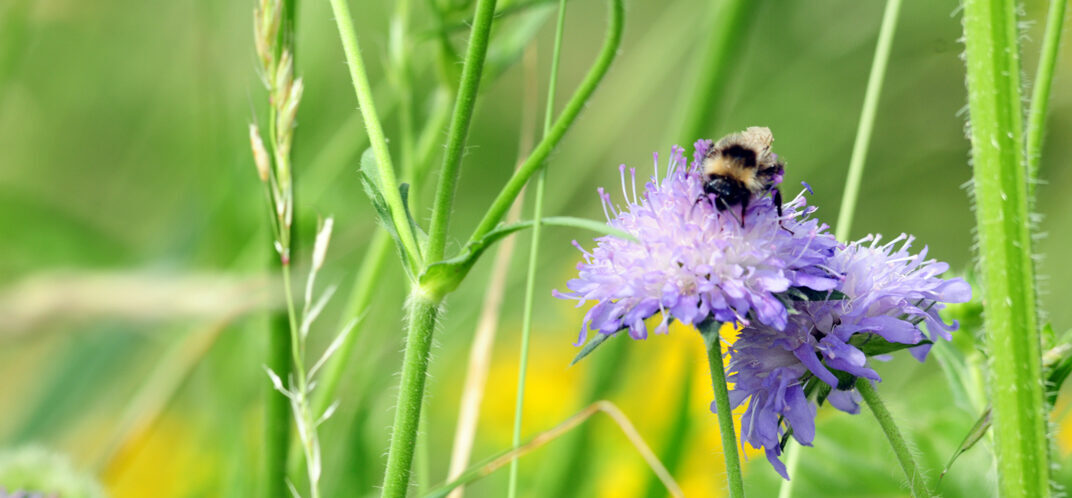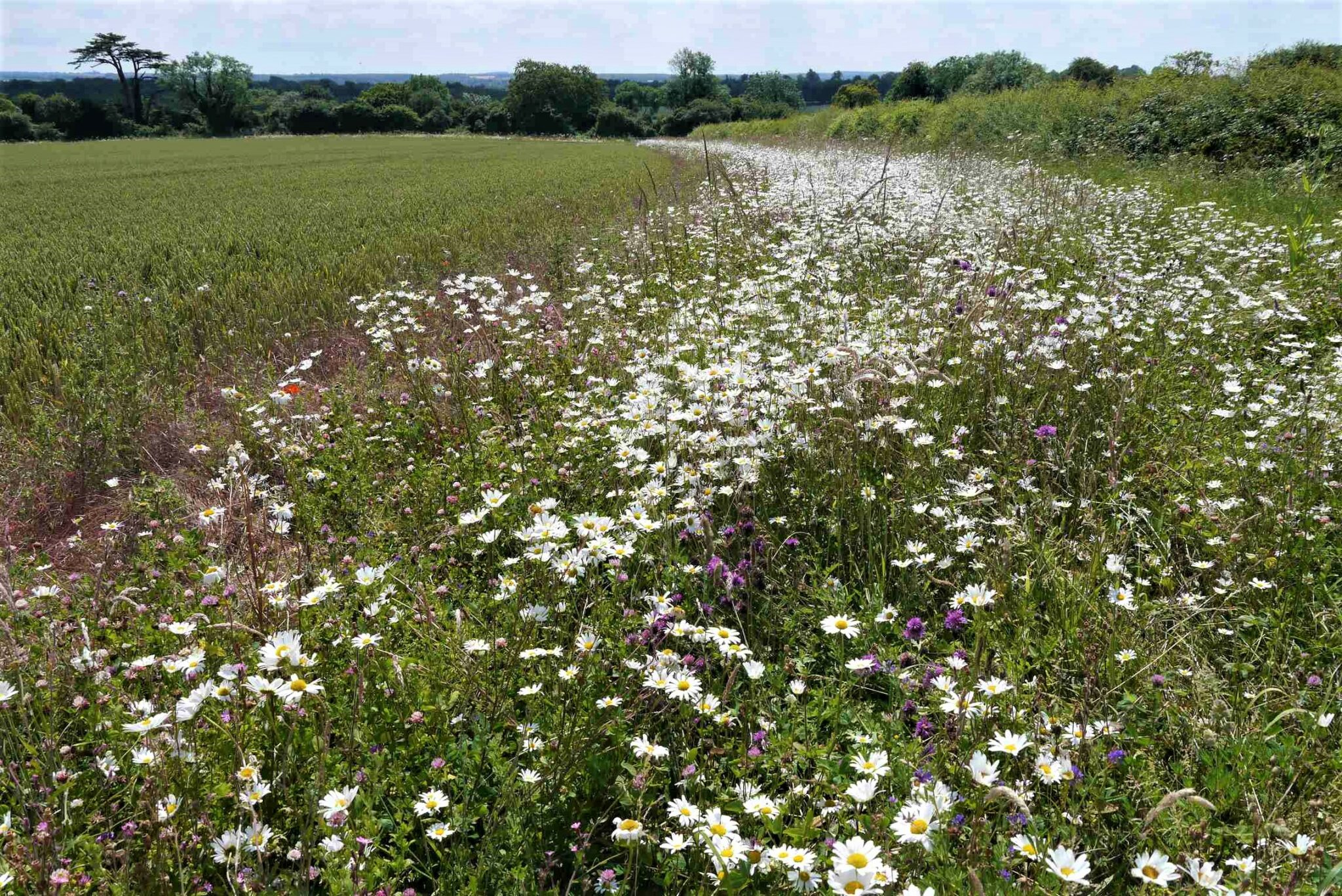
Ian Margetts, Farm Manager at Summerdown, grows around 100 acres of Black Mitcham peppermint which is transformed into their peppermint oil, which they use in their peppermint tea, as well as in their chocolates and other products.
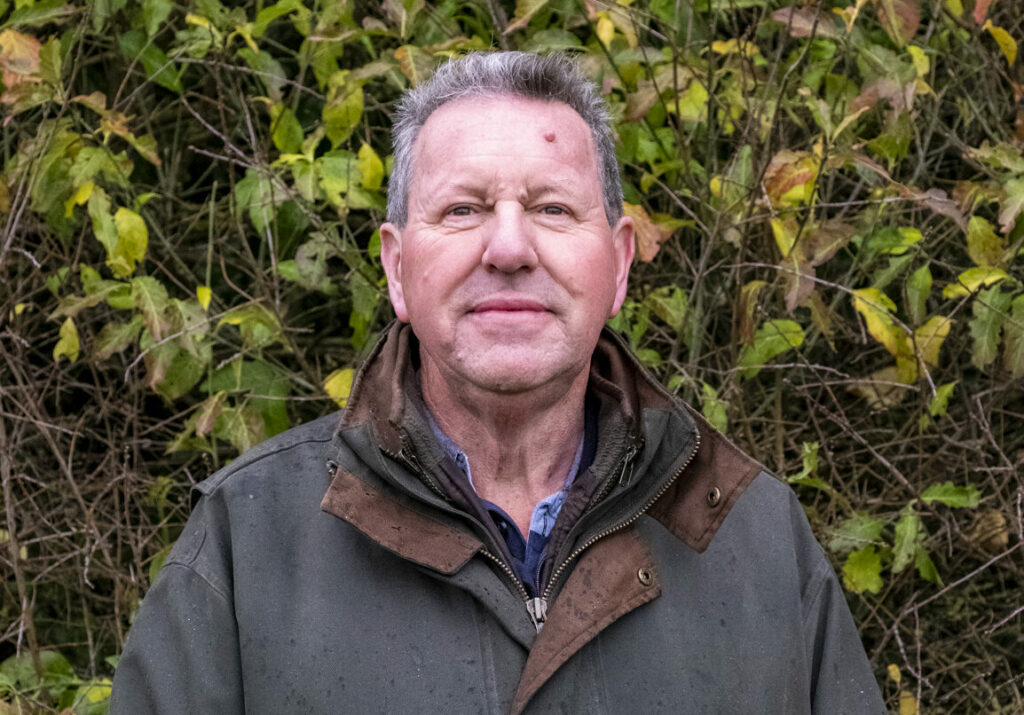
The farm has been a member of RSPB Fair to Nature since 2004. The team at Summerdown sees value in the Fair to Nature Farm Plan, drawn up with support from our farmland conservation advisors, and covering ways to manage existing habitats and create new ones, allowing nature to thrive. Every area of the farm is connected. The health of the peppermint crop, for example, is dependent on hedgerows and the wildlife found within them and this is why encouraging birds to nest on the farm is so vital.
Benefits to nature
Ian shares the visible signs of nature being restored since adopting a nature-friendly farming approach:
“There are a lot of small changes that have had a big impact on the amount of wildlife we see on the farm. We are seeing more bird life, more insects and more pollinators.
We’ve got birds here that we’ve never had before, including Stone-curlews, and a lot more Lapwings and Skylarks. We have Barn Owls and the habitats that support them. If we have Barn Owls on the farm, then it means everything beneath it is working perfectly. The environment is in a good place to support those top predators”.
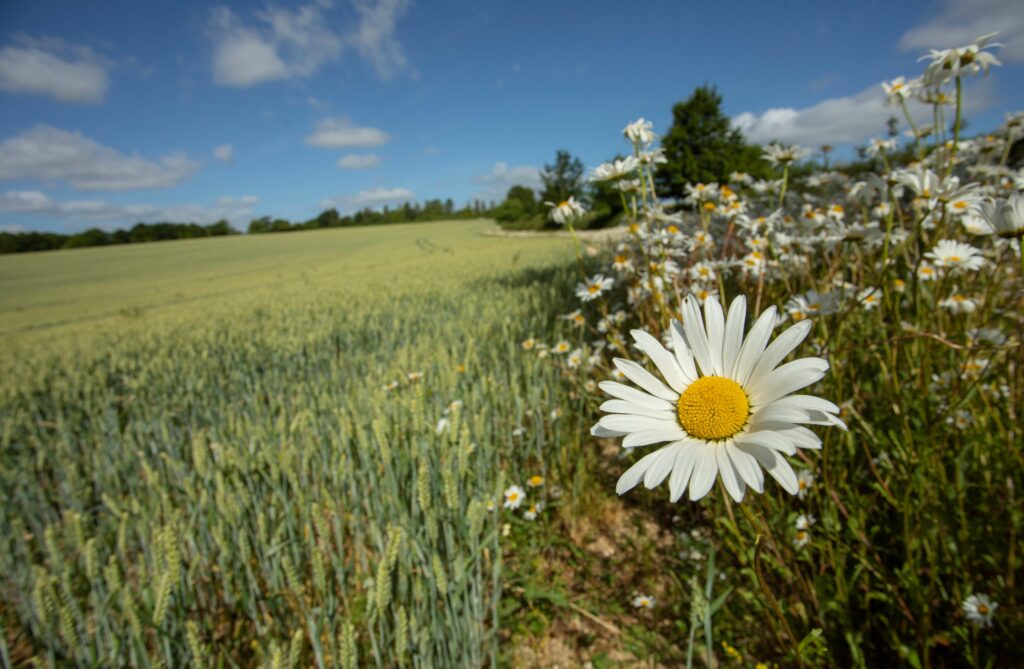
Stone-curlew at Summerdown
There have been two nesting pairs of Stone-curlew at Summerdown, and Ian and the team are hopeful that this is the start of a population increase.
Summerdown Farm is a member of the RSPB’s Wessex Stone-curlew project and for a number of years the birds have only visited, so it is hugely exciting for the farm to have breeding pairs.
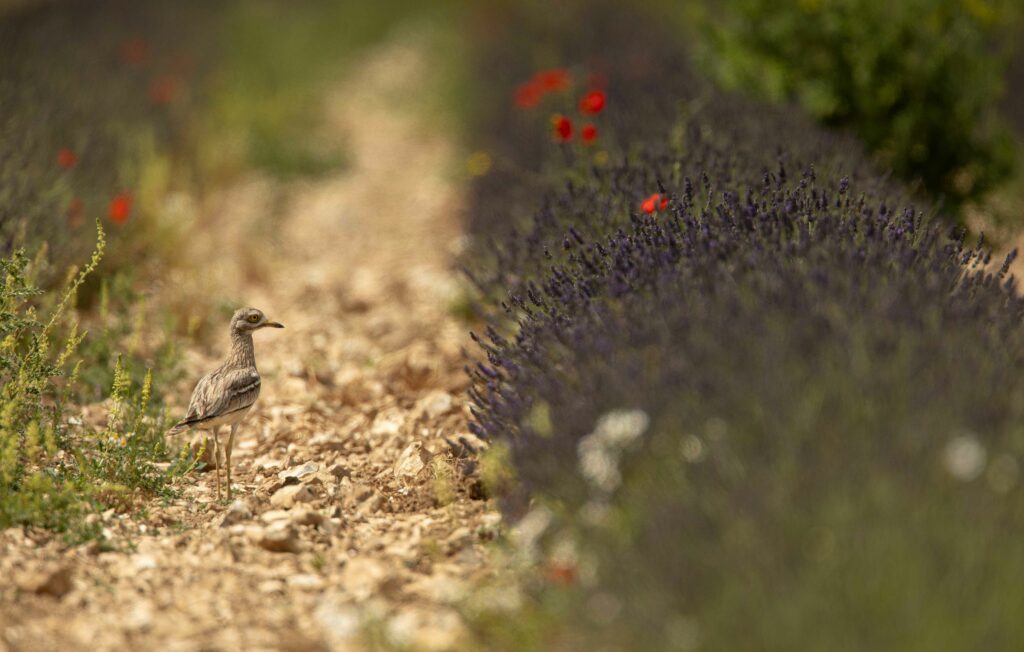
Essential oil crops such as peppermint and lavender are ideal for ground nesting birds because the ground is not disturbed – the crops are perennial so remain in the soil throughout the winter.
Stone-curlews prefer to nest on high ground, with good 360-degree views and few trees, and will often lay eggs within metres of the spot used in previous years. The Summerdown birds are the same, and with arable crops in adjoining fields and no footpaths nearby, they also remain undisturbed.
Photographer: Ben Andrew (rspb-images.com)
TOGETHER WE CAN CREATE A BRIGHTER TOMORROW
Contact us today to find out how you can become part of the solution.
Register Interest
Sidebar form
or email us at fairtonature@rspb.org.uk

